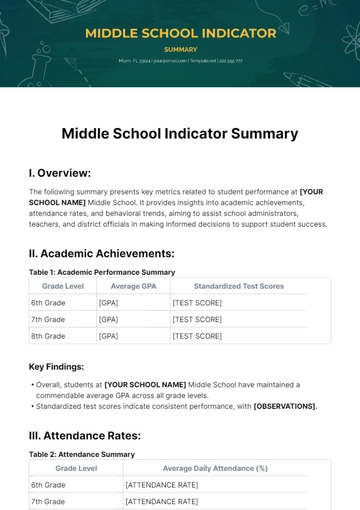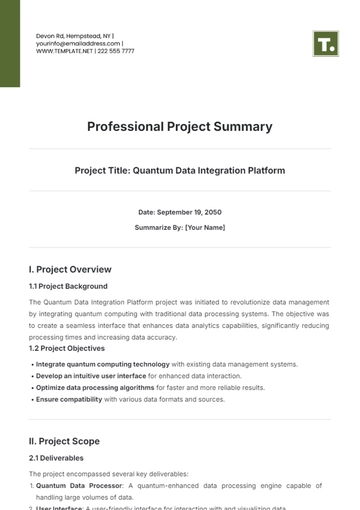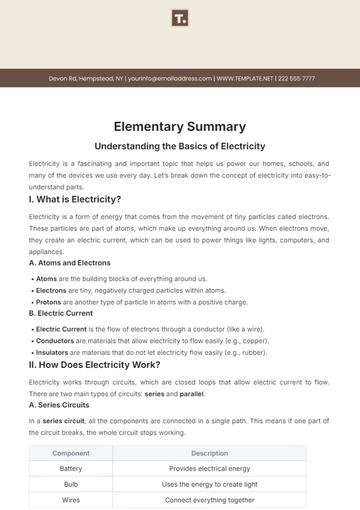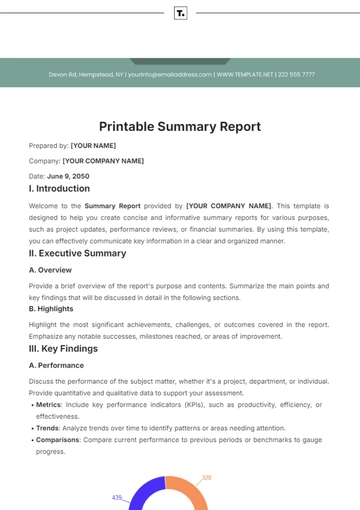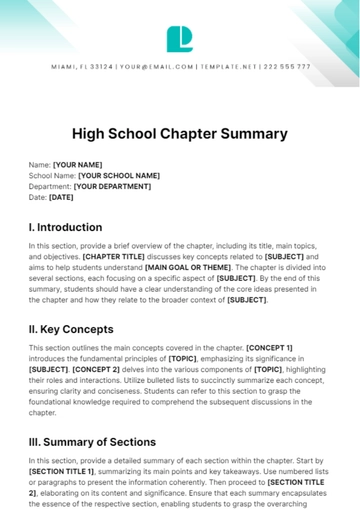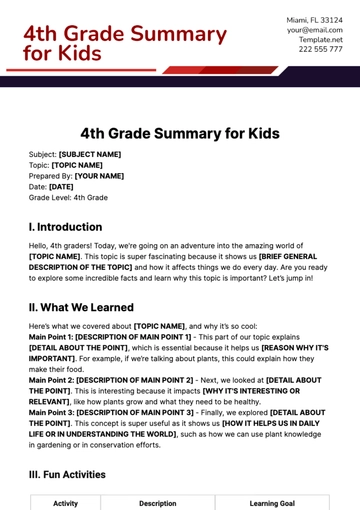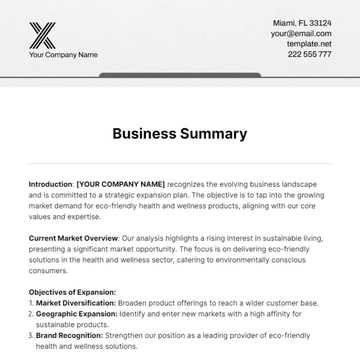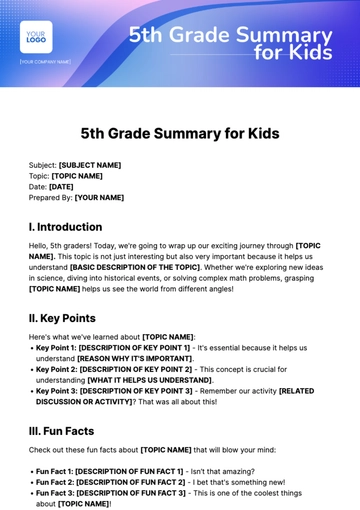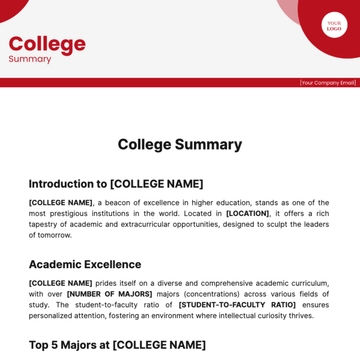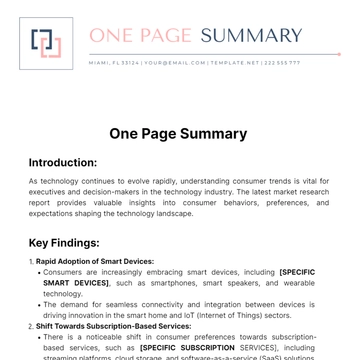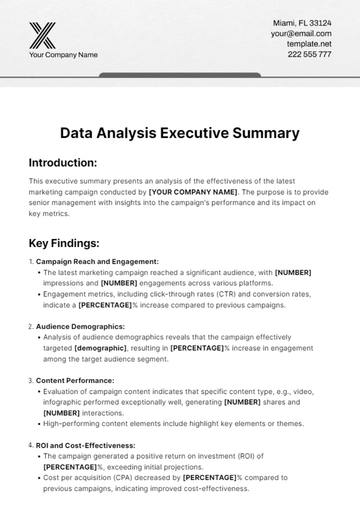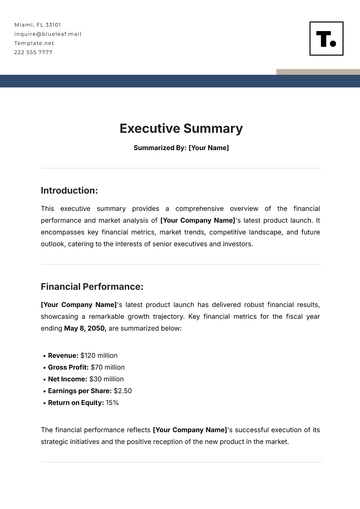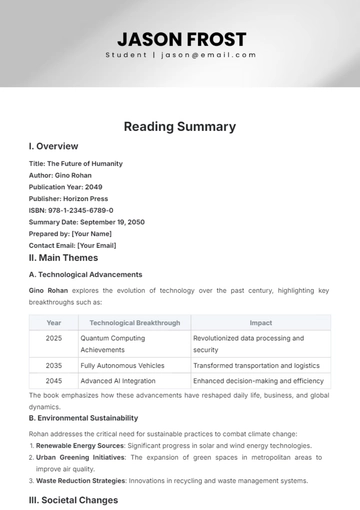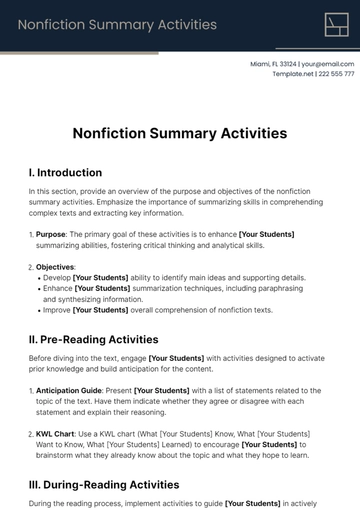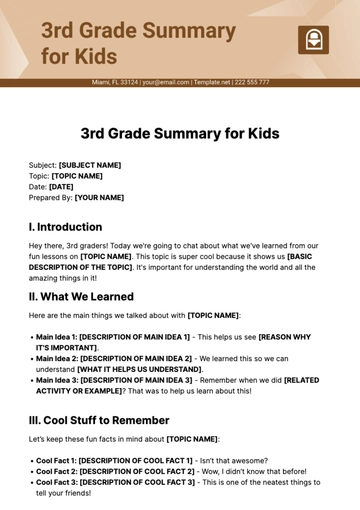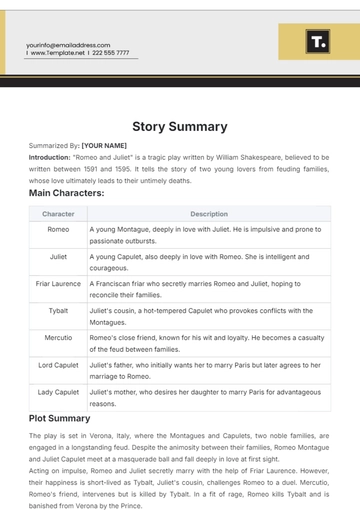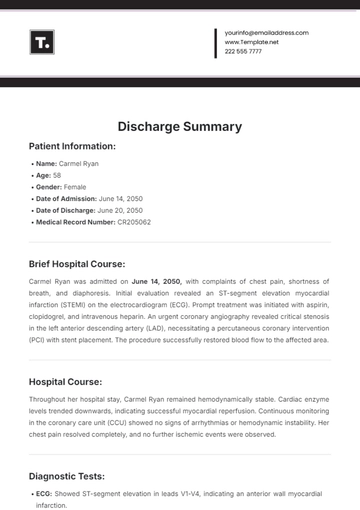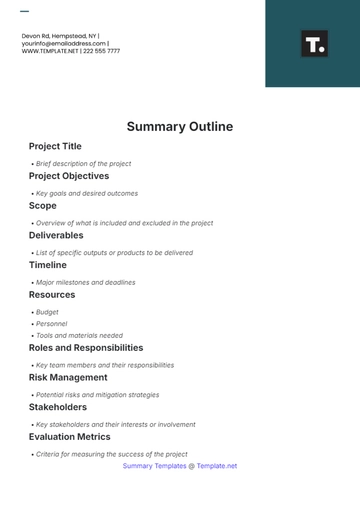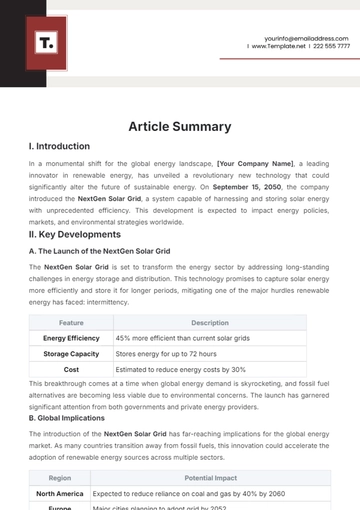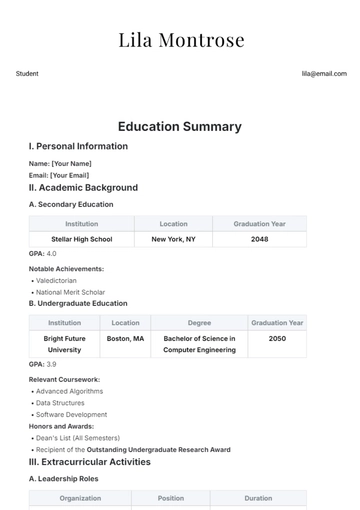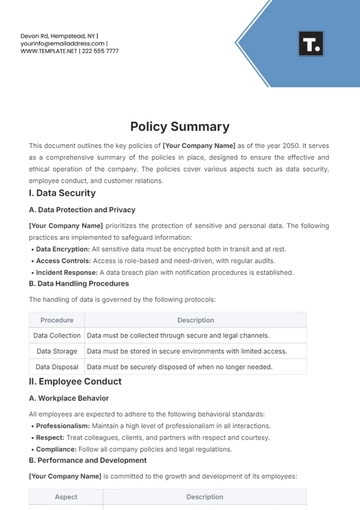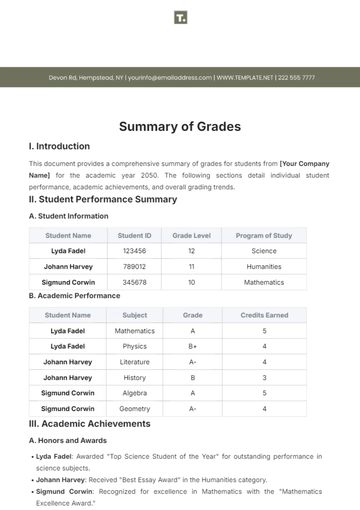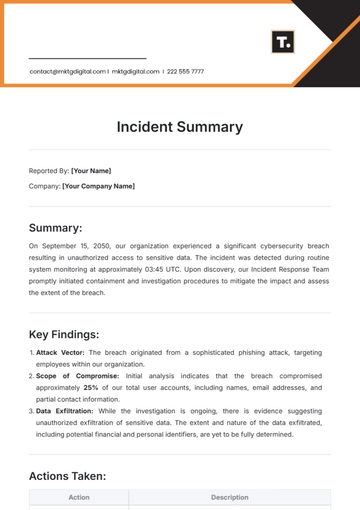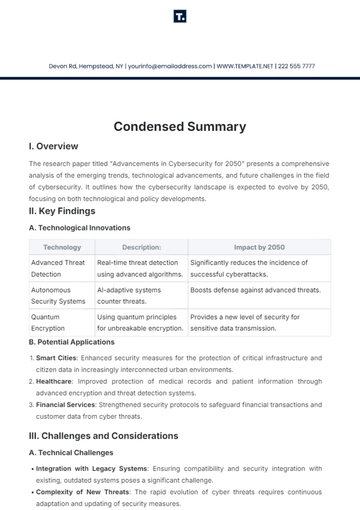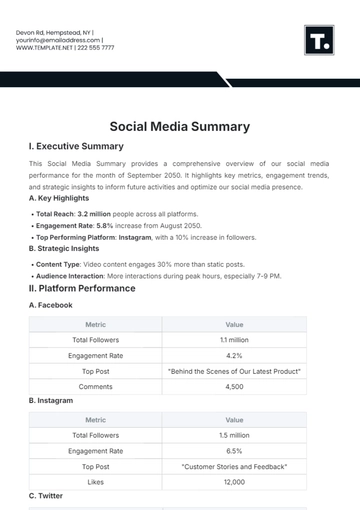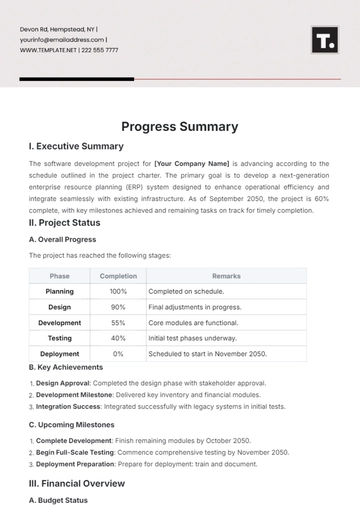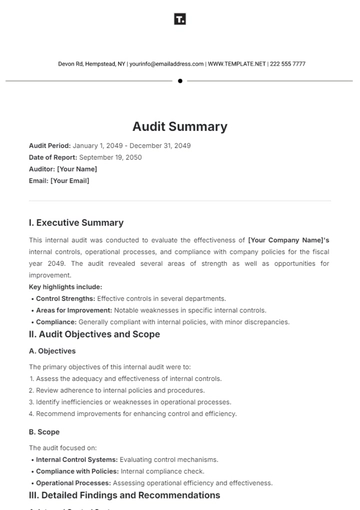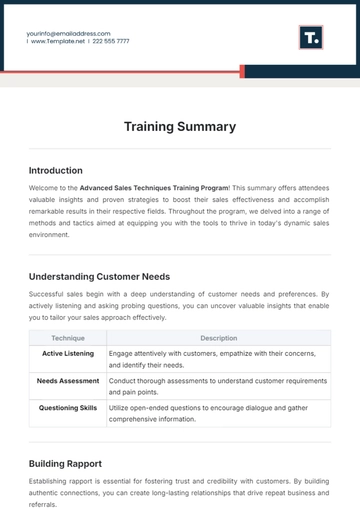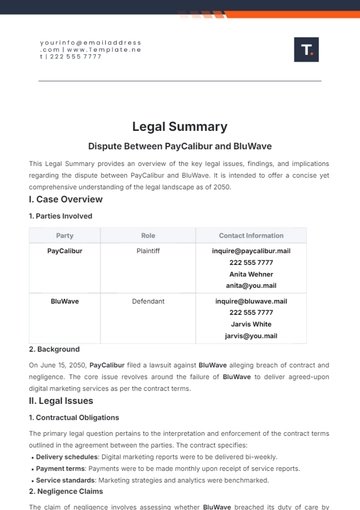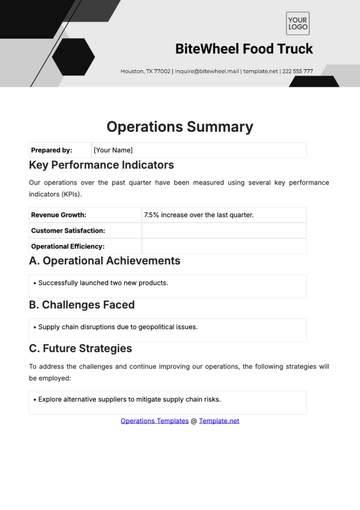Free Literature Review Article Summary
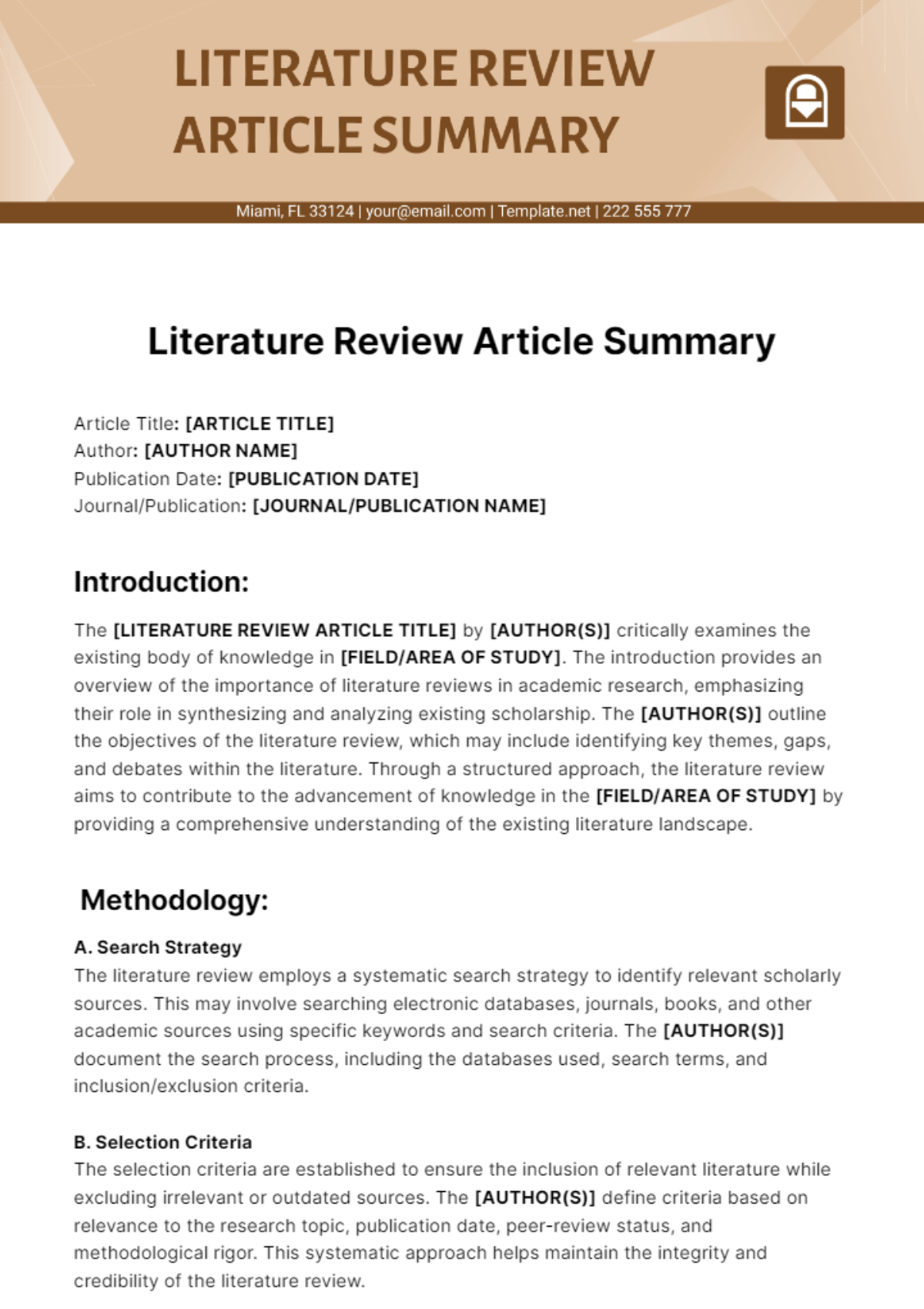
Article Title: [ARTICLE TITLE]
Author: [AUTHOR NAME]
Publication Date: [PUBLICATION DATE]
Journal/Publication: [JOURNAL/PUBLICATION NAME]
Introduction:
The [LITERATURE REVIEW ARTICLE TITLE] by [AUTHOR(S)] critically examines the existing body of knowledge in [FIELD/AREA OF STUDY]. The introduction provides an overview of the importance of literature reviews in academic research, emphasizing their role in synthesizing and analyzing existing scholarship. The [AUTHOR(S)] outline the objectives of the literature review, which may include identifying key themes, gaps, and debates within the literature. Through a structured approach, the literature review aims to contribute to the advancement of knowledge in the [FIELD/AREA OF STUDY] by providing a comprehensive understanding of the existing literature landscape.
Methodology:
A. Search Strategy
The literature review employs a systematic search strategy to identify relevant scholarly sources. This may involve searching electronic databases, journals, books, and other academic sources using specific keywords and search criteria. The [AUTHOR(S)] document the search process, including the databases used, search terms, and inclusion/exclusion criteria.
B. Selection Criteria
The selection criteria are established to ensure the inclusion of relevant literature while excluding irrelevant or outdated sources. The [AUTHOR(S)] define criteria based on relevance to the research topic, publication date, peer-review status, and methodological rigor. This systematic approach helps maintain the integrity and credibility of the literature review.
Synthesis and Analysis:
A. Thematic Analysis
The literature review synthesizes the findings of the selected sources to identify recurring themes, concepts, and theoretical frameworks. The [AUTHOR(S)] categorize and analyze the literature based on these themes, highlighting key insights and debates within the field. This thematic analysis provides a structured overview of the existing knowledge landscape and helps identify gaps or areas for further investigation.
B. Critical Evaluation
In addition to synthesizing the literature, the [AUTHOR(S)] critically evaluate the quality and reliability of the sources. They assess the strengths and weaknesses of individual studies, considering factors such as sample size, methodology, and theoretical framework. This critical evaluation enhances the credibility of the literature review and informs the reader about the robustness of the existing scholarship.
KEY OUTCOMES:
Thorough Overview of Literature: The literature review provides a comprehensive examination of the existing body of knowledge in the [Field/Area of Study], offering insights into the key [THEMES/CONCEPTS/DEBATES] within the field.
Systematic Search Strategy: The methodology section outlines a systematic approach to searching for relevant scholarly sources, ensuring a comprehensive and rigorous review of the literature.
Selection Criteria: Clear [SELECTION CRITERIA] are established to ensure the inclusion of high-quality and relevant literature while excluding [IRRELEVANT/OUTDATED] sources, maintaining the integrity and credibility of the review.
Thematic Analysis: The literature review synthesizes the findings of the selected sources, identifying recurring [THEMES/CONCEPTS] and [THEORETICAL FRAMEWORKS]. This thematic analysis provides a structured overview of the existing knowledge landscape.
Critical Evaluation: In addition to synthesizing the literature, the review critically evaluates the [QUALITY/RELIABILITY] of the sources, enhancing the credibility of the review and informing the reader about the [STRENGTHS/WEAKNESSES] of the existing scholarship.
Conclusion:
In conclusion, the literature review provides a comprehensive overview of the existing body of knowledge in [FIELD/AREA OF STUDY]. The [AUTHOR(S)] summarize the key findings and themes identified through the review process, emphasizing their implications for future research and practice. The literature review concludes with recommendations for further research directions, highlighting areas where additional investigation is needed to address gaps or controversies within the literature.
- 100% Customizable, free editor
- Access 1 Million+ Templates, photo’s & graphics
- Download or share as a template
- Click and replace photos, graphics, text, backgrounds
- Resize, crop, AI write & more
- Access advanced editor
Introducing Template.net's Literature Review Article Summary – an editable and customizable tool revolutionizing academic research. Crafted for efficiency, it's editable in our Ai Editor Tool, enabling seamless customization. Streamline your literature review process with this comprehensive resource, meticulously designed to elevate your scholarly endeavors.
